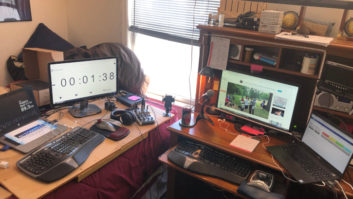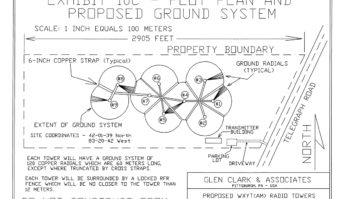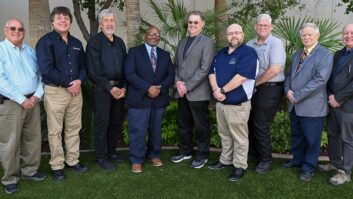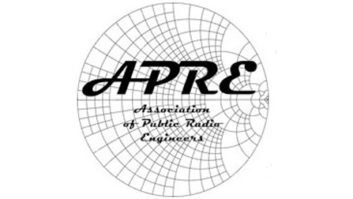Should one federal entity be responsible for all public warning? Can local media work together in “cooperatives” for better emergency communication?
Representatives of broadcast, cable and satellite now have public warning recommendations in front of them to vote on by June 18.
The recommendations were presented to members of the Media Security and Reliability Council at its biannual meeting.
Highlights of the 26 recommendations:
A single federal entity should be responsible for public warning and all-hazard risk communication; local and state governments should coordinate with media to create, review and update emergency communications procedures; and local media should form emergency jurisdiction/market cooperatives to assure coordinated delivery of local emergency messages to all constituencies.
EAS-specific recommendations were: the EAS should be periodically tested, upgraded as necessary, and implemented and maintained at local, state and national levels; research into development of alternative, redundant and supplemental means of communicating emergency information to the public should be accelerated.
The group is charged with guiding the industries with the best ways to keep radio, TV, cable and satellite stations on the air in the event of natural disasters or future terrorist attacks and getting emergency information to the public.
“The most important responsibility the government and media share during times of crisis is to ensure the safety and well-being of our citizens,” said FCC Chairman Michael Powell. The committee, and a similar one for telephony, reports to him.
“The recommendations we have seen today address some of the biggest challenges we must face regarding the delivery of a reliable public warning system.”
Dennis FitzSimons, MSRC chairman and president/CEO of Tribune Company, said, “Sept. 11 was a wake-up call for all concerned — media, interest groups, government. We have to review what works and what doesn’t. We simply have to communicate in a timely and accurate fashion. The public depends on us and we must come through.”
A subgroup working on communication infrastructure security, access and restoration also presented initial recommendations that will be further refined later this year. Suggestions: news media should consider agreements to allow flexibility in local use and retransmission of content under government-declared emergencies; government should coordinate the creation of a media common alert protocol to deliver emergency messages via digital networks.
Public Warning Ideas on the Table
Public Warning Ideas on the Table












